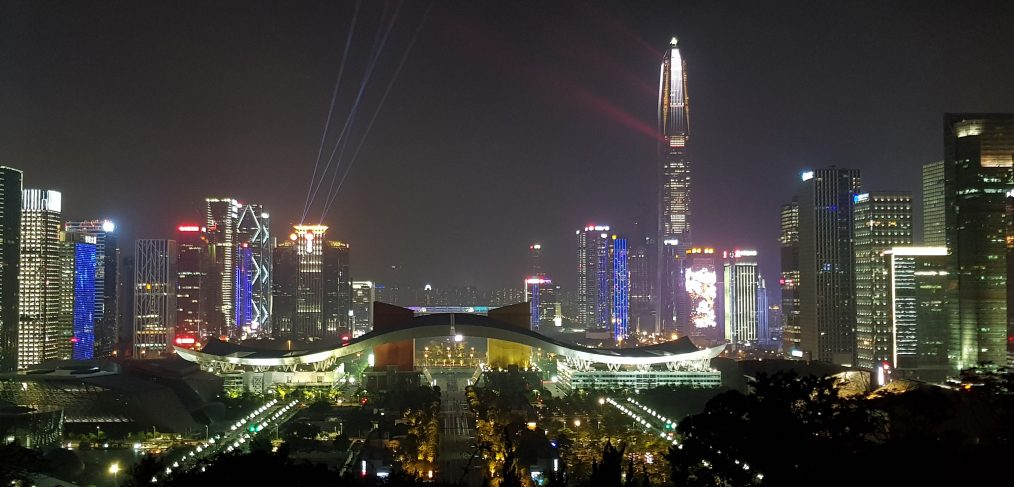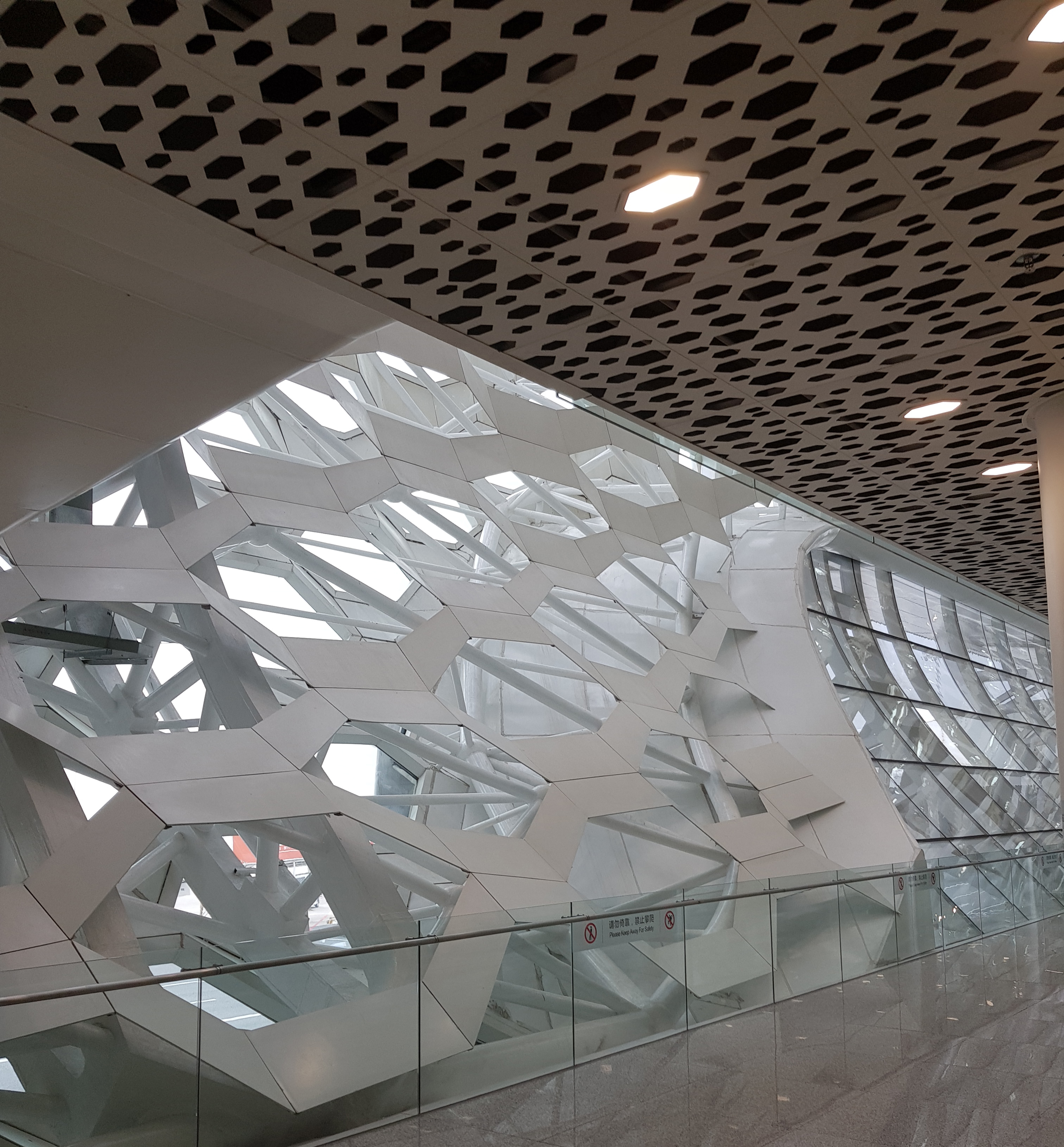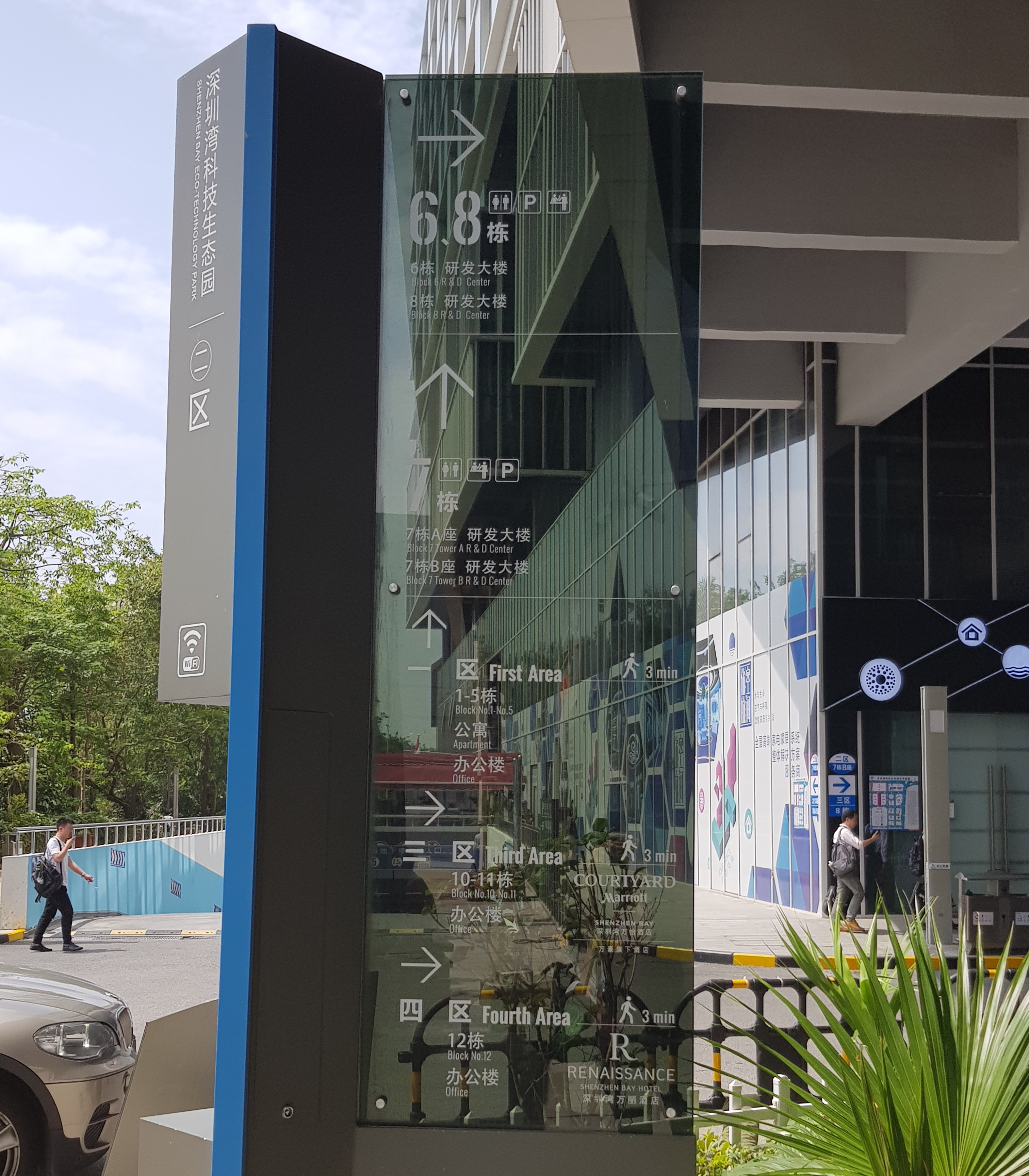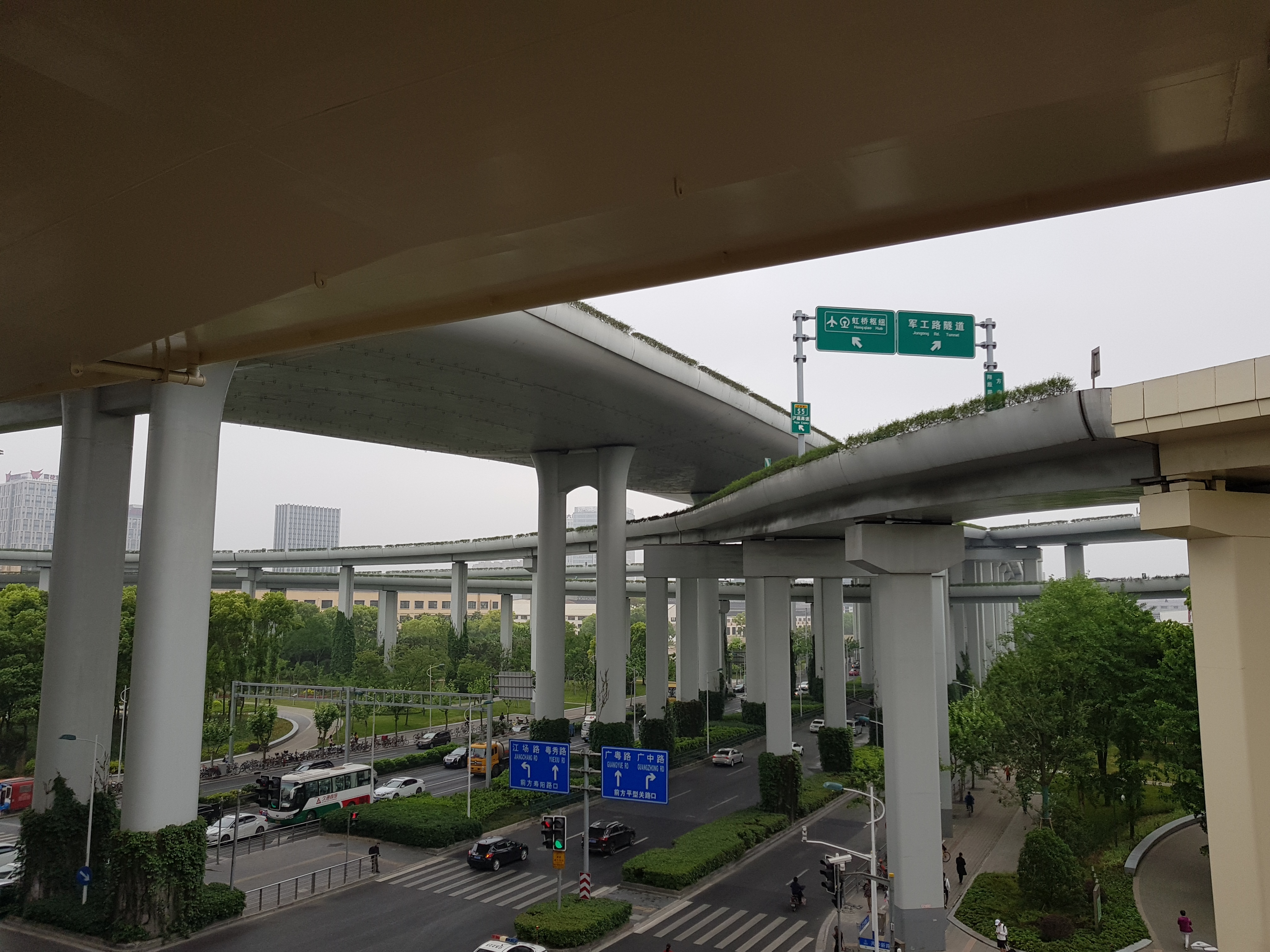
„China Reloaded“ Part 4: 5 Myths about China
A contribution by Katja Nettesheim, _MEDIATE founder & managing director
As you know, in early summer I had the honour of travelling through five cities in China with an EU delegation. Some anecdotes I already relayed on this blog, but today, on a slightly more serious note, I want to summarize some of the discussions I had since I came back. Because: Through the misconceptions I encountered, I have become aware of how one-sided Germany’s opinion about China is. Here are the most common myths I’ve been eagerly fighting since I got back:
1. „The Chinese can only copy!“

Chinese companies have long had the questionable reputation of copying successful products, brands and business models from the West and selling them on their own markets with only minor modifications. Such a phenomenon is known as „Shanzhai“, a Chinese term originally used to describe villages besieged by bandits outside government control. Since China opened up to international markets, the term has become the epitome of counterfeit goods and the theft of intellectual property in the wake of increasing product piracy. And it is indeed striking how strongly Chinese companies seem to orientate themselves towards Western companies – for example, precise images of „Nokir“ or „Samsing“ telephones were already available early on. But Chinese companies do more than just adopt working models – they often improve them. In the electronics markets for example, I saw iPhones running on Android, the superior operating system from the Chinese’s point of view. This deconstruction and improvement of the originals is deeply rooted in Chinese tradition and can already be found in their ancient masterpieces. It is just “their kind of innovation” – which also explains the fact that they don’t have an awareness any wrongdoing (“Unrechtsbewusstsein”, from a Western point of view).
By copying and improving or combining, something new and independent is created instead of a simple copy. And China is actually catching up in the number of independent international patent applications. In 2017, for example, China ranked second in international patent applications to WIPO (behind the USA, but by a small margin) and thus displaced Japan from this position in another record year. Among the top 15 countries of origin, China is the only country to record double-digit annual growth (+13.4%) – continuous since 2003.
2. „China is far from being at our stage of development.“

Details on the architecture of the airport in Shenzen
Another myth about China is expressed in a certain arrogance of Western countries when it comes to whether China is serious competition: China is still often regarded as a developing country that has a lot of catching up to do in order to reach the level of Western economic powers. But the reality is quite different. Cities such as Beijing, Shanghai and especially Shenzhen are producing more and more innovations and have an infrastructure that even Germans can only envy. The concept of “efficiency enclaves”, i.e. cities that represent a pool for certain specializations, and the pragmatic concept of pilot cities in which political and institutional innovations are tested, also offer a potential for innovation that is in no way inferior, if not superior, to that of Western countries.
3. „Made in China“ can’t hold a candle to „Made in Germany.“
At first glance, the „Made in Germany“ and „Made in China“ seals of approval seem to represent a strong contrast: On the one hand, you probably think of high quality, low margin of error and extreme accuracy, on the other hand of „fast, cheap, a lot“. The „Made in Germany“ brand also works exceptionally well in China itself. But China nowadays is not only „cheaper“, but often also „better“. This can be observed particularly well in the smartphone market. Huawei has taken up the fight with companies such as Apple and Samsung – and is doing well. CEO Richard Yu recently stated that the company not only wants to overhaul Apple with uncompromisingly good quality, but also aims to replace the Korean Samsung as the largest smartphone manufacturer. And indeed, according to preliminary IDC data, Huawei delivered 54.2 million mobile phones in the second quarter of 2018, an increase of 40.9 % over the previous year. In the meantime, Apple has delivered „only“ around 41.3 million units, which corresponds to a growth of 0.7 % compared to the same period of the previous year. Thus, „Made in China“ is no longer necessarily a warning sign, but is increasingly becoming a serious seal of innovation under the strategy „Made in China 2025“ (sic!)- which can even become dangerous to „Made in Germany“.
4. „The Chinese are incredibly efficient worker bees.“

Directions in one of many business parks in Shenzen: Note the dimensions based on the running time
Here, we have to differentiate: They sure are worker bees, but not necessarily efficient. Many people – especially in such up-and-coming cities as Shenzhen – have told me that people work all day and night, including at the expense of their health. Sometimes because the supply industry around this city is so fast that you never have to wait long for prototypes and revised versions. Obvious manifestations of this work mania are the commuter masses which are observable at very early and very late times – and the naps held everywhere in public. But efficient? I don’t know… Sometimes you get the impression that people first work, and then think. And they often do so in order to meet government goals – another flip side of strict central control of the economy as well. Business parks are built everywhere and often no one ever moves in, because after a large ceremonious opening, it is discovered that there is no market! That’s why, in the meantime, companies have already sprung up that specialize in taking over these ghost town districts at low cost and converting them for new purposes. Or, second example, a „Memorandum of Understanding“ can be signed in a weighty ceremony after 20 minutes of talks with a foreign company. Probably, there is also a KPI target set for the number of MoUs, which must be reported to the party…..
5. „China’s economic growth won’t last long anymore!“

Not only a motorway, but also a „green area“
When thinking of Chinese cities, many think of skyscrapers, overcrowded streets – and smog. People with breathing masks, ill from the polluted air, caused by companies that subordinate everything to economic success, including health. I too had similar expectations before my stay in China – and was surprised. There was not much to feel from air pollution – the sky was clear, the air was pleasant. When looking at this more deeply, the reason and extent of the change becomes clear: China has been committed to building an „ecological civilization“ as a national strategy since the 17th Party Congress in 2007. And in 2013, President Xi Jinping said to the leaders of the Communist Party: „We will never again strive for economic growth at the expense of the environment.” And as already described, China often works according to the motto: said, done. A few examples:
- China is the world market leader in the sale of electric vehicles – including public transport: all 16,000 buses in Shenzhen run on electricity. There are reportedly around 400,000 electric buses throughout China – and every ten weeks another 19,000 are added (twice the size of the bus fleet in London).
- Almost 1/3 of the solar panels installed worldwide are in China (according to Bloomberg).
- In 2018, China will reforest an area the size of Ireland with the deployment of 60,000 soldiers.
- Environmental protection is now ranked second in the performance criteria for mayors – directly behind the GDP growth of the municipality (see our previous blogpost here).
The consequences are clear: According to Bloomberg, average daily air pollution in Beijing last year was almost a third lower than in 2015, and for some other large cities there was a reduction of over one tenth.
And above that, while smog has long been excused as an unavoidable by-product of rising prosperity, there are no signs so far that cleaning up the country’s economy is derailing: Last year’s growth accelerated to 6.9 percent – the first upward trend in seven years. In addition, China sees high-tech industries such as electric cars and solar modules as an opportunity to become world leaders in environmental protection and a standard setter – not least because of the vacuum that the USA currently leaves behind. So here one notices once again how quickly China, thanks to its peculiar form of state of a dirigistic capitalism, can flip the switches…
Thus I can only refer to the old wisdom that travelling is educational – and can only recommend a trip to China to everyone. Not only to the historical China of the Wall and the Terracotta Army, but also to modern China in Shanghai, Shenzhen, Guangzhou etc. You’ll be surprised!
